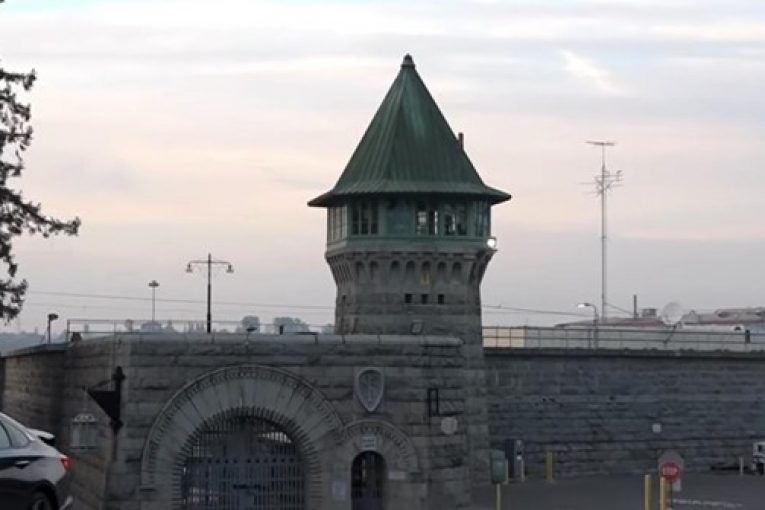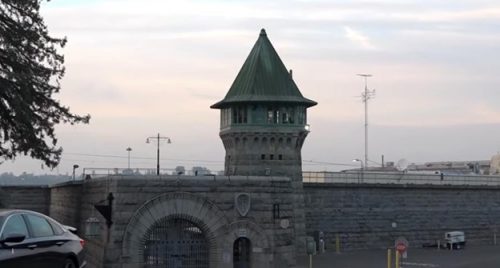

By Naya Wiezel and Alexis Rios-Jimenez
LOS ANGELES – The American Civil Liberties Committee Tuesday praised U.S. District Judge Dean D. Pregerson’s order directing Los Angeles County to address what the ACLU calls massive overcrowding and squalid conditions at its Inmate Reception Center (IRC).
The ACLU article noted that prior to Judge Pregerson issuing the order, attorneys from the ACLU and ACLU Foundation of Southern California had visited the IRC which produced a shocking report detailing conditions of inmates.
The findings of the ACLU report included images which showed the conditions caused by the massive overcrowding problem plaguing the Inmate Reception Center.
Images showed inmates chained to chairs for days, with dozens of other inmates sleeping head-to-foot on bare concrete, open defecation and lack of basic sanitation.
Additionally, the ACLU charged many individuals waiting for mental health care are forced to wait in the IRC for days because of the lack of available jail beds.
To address these issues, Judge Pregerson’s order strictly prohibits the detainment of individuals in the IRC for more than 24 hours, and prohibits the chaining of individuals to the “front bench” for longer than a four-hour period.
The judge also ordered that the IRC must remain in a clean, sanitary condition at all times, providing individuals with adequate food, clean water and sanitary restrooms. Additionally, the IRC has to provide health care, which includes both medical and mental care, and prescription medications from doctors or psychiatrists.
Since Rutherford v. Pitchess, a 1978 ACLU SoCal case in which a federal court found that the LA County Jail, the largest jail system in both the nation and the world, had violated the constitutional rights of incarcerated individuals, the LA County Jail has been the subject of court oversight.
The ACLU noted a statement provided by Deputy Director of the ACLU National Prison Project, Corene Kendrick, who noted LA County’s acknowledgement of the deplorable conditions of its IRC and the equally disturbing treatment of individuals with mental health concerns.
However, the deputy director did argue LA County must “put its money where its mouth is,” and make efforts to provide humane, cost-efficient community programs rather than to double down on incarcerating mentally ill people.
Senior Staff Attorney at the ACLU SoCal, Melissa Camacho-Cheung, asserted there needs to be more tangible progress toward improving the system as a whole, and argues that “incarceration is never the solution for mental illness.”
Camacho-Cheung also stated the LA Board of Supervisors “must take decisive action in making care-first and community-based alternatives to incarceration a reality rather than a slogan.”